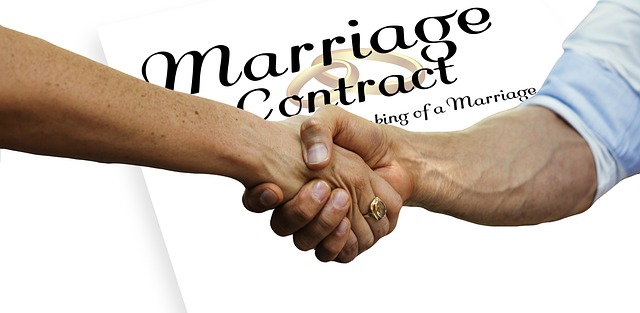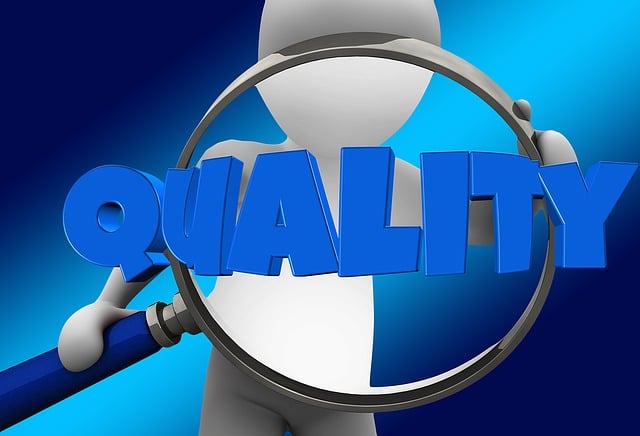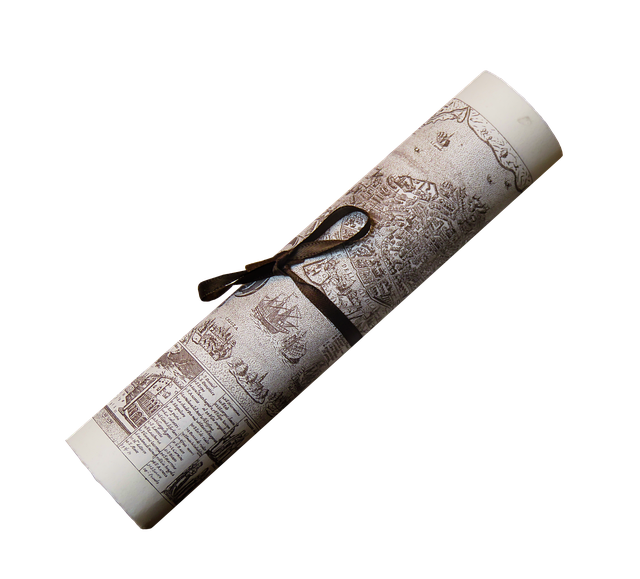LEED (Leadership in Energy & Environmental Design) is a globally recognized certification program that promotes sustainable building practices, guiding real estate professionals in creating eco-friendly spaces with energy-efficient designs. LEED-certified buildings attract environmentally conscious tenants and buyers, increasing market value and reducing operational costs. By adopting LEED standards, developers position themselves as forward-thinking leaders in the real estate industry, fostering positive reputations and enhancing brand value. Achieving LEED certification involves assessing sustainability metrics, planning improvements based on criteria, engaging experts, making updates, and submitting applications through recognized rating systems.
“Unleash sustainable growth with Leadership in Energy & Environmental Design (LEED) in real estate. This comprehensive guide explores how LEED standards are revolutionizing the industry, offering a roadmap towards eco-friendly and profitable properties. From understanding the core concepts to unlocking key benefits, we delve into the transformative power of LEED. Learn about the implementation process, certification strategies, and success stories that highlight its impact on the real estate sector.”
Understanding Leadership in Energy & Environmental Design (LEED) in Real Estate

Leadership in Energy & Environmental Design (LEED) is a globally recognized certification program that has transformed the real estate industry by promoting sustainable building practices. In the competitive market of today, understanding LEED is essential for property owners, developers, and investors alike. This certification ensures that buildings are designed and constructed using strategies that significantly reduce environmental impacts while improving energy efficiency.
In real estate, LEED acts as a guiding framework, encouraging the integration of eco-friendly materials, efficient water use, and innovative design solutions. Buildings certified under this program can expect to attract tenants and buyers who prioritize sustainability, thereby enhancing their market value. Moreover, understanding and adhering to LEED standards positions professionals in the real estate sector as industry leaders committed to creating a greener future.
Key Benefits of Adopting LEED Standards in the Real Estate Sector

Adopting Leadership in Energy & Environmental Design (LEED) standards in the real estate sector offers a multitude of benefits, both for property owners and the environment. In terms of sustainability, LEED certification ensures buildings are designed to be energy-efficient, using renewable resources and reducing carbon footprints. This is particularly beneficial for real estate as it enhances the long-term value of properties, making them more attractive to tenants and buyers who increasingly prioritize eco-friendly options.
Moreover, LEED standards promote innovative design solutions that can lead to significant cost savings in operational expenses over time. Real estate investors can expect improved profitability with reduced energy bills and increased tenant retention due to healthier living environments. In the competitive market of today’s digital era, adopting LEED practices positions property developers and owners as forward-thinking and responsible, fostering a positive reputation among clients, partners, and stakeholders alike.
Implementing and Certifying LEED Practices: A Comprehensive Guide for Real Estate Professionals

Implementing and certifying LEED (Leadership in Energy & Environmental Design) practices is a comprehensive process designed to transform real estate properties into eco-friendly, sustainable spaces. For professionals in the real estate sector, embracing LEED standards isn’t just an ethical choice; it’s a strategic move that enhances property value, attracts environmentally conscious tenants or buyers, and reduces operational costs.
A thorough guide should outline key steps for adoption. This includes assessing the property’s current sustainability metrics, planning for improvements based on LEED criteria, and engaging qualified professionals to oversee implementation. Once updates are complete, real estate pros can submit applications for certification through recognised LEED rating systems. Achieving certification opens doors to marketing benefits like increased tenant appeal, enhanced branding, and potential financial incentives offered by green building initiatives.






